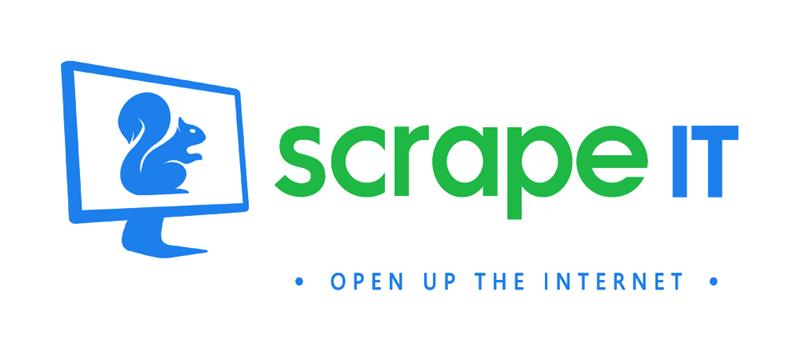In the world of data extraction and web automation, terms like “web scraping” and “web crawling” are often used interchangeably, leading to confusion among newcomers and seasoned professionals alike. However, despite their similarities, web scraping and web crawling serve distinct purposes and employ different methodologies. Let’s unravel the mysteries and shed light on the key differences between these two essential techniques.
Web Crawling: Navigating the Digital Landscape
Web crawling, also known as web indexing, is the process of systematically browsing the internet to discover and index web pages. Think of web crawling as a digital spider traversing the vast interconnected web, following links from one page to another and indexing the content it encounters along the way. Search engines like Google use web crawlers to build their massive indexes of web pages, enabling users to search for and access relevant information efficiently.
Key Characteristics of Web Crawling:
- Automated process of browsing the web
- Focuses on discovering and indexing web pages
- Follows links to navigate between pages
- Used by search engines to build indexes
Web Scraping: Extracting Data with Precision
On the other hand, web scraping involves extracting specific data from web pages and saving it for further analysis or use. Unlike web crawling, which focuses on indexing web content, web scraping targets particular elements of web pages, such as text, images, or links, and extracts them into a structured format. Web scraping is commonly used for tasks such as price monitoring, market research, and content aggregation, where targeted data extraction is essential.
Key Characteristics of Web Scraping:
- Targeted extraction of data from web pages
- Focuses on specific elements or content
- Extracts data into a structured format (e.g., CSV, JSON)
- Used for tasks like price monitoring, market research, and content aggregation
Key Differences at a Glance
| Aspect | Web Crawling | Web Scraping |
|---|---|---|
| Purpose | Discover and index web pages | Extract specific data from web pages |
| Scope | Broad, indexing entire websites | Targeted, extracting specific content |
| Navigation | Follows links to traverse the web | Targets specific elements on web pages |
| Output | Builds indexes of web pages | Outputs structured data for analysis or use |
| Use Cases | Search engines, SEO, data mining | Market research, price monitoring, content aggregation |
Complementary Techniques for Data Retrieval
In conclusion, while web crawling and web scraping share similarities in their automated approach to accessing web content, they serve distinct purposes and operate in different contexts. Web crawling focuses on discovering and indexing web pages for search engine purposes, while web scraping targets specific data elements on web pages for analysis or use in various applications. By understanding the differences between these two techniques, businesses and individuals can leverage them effectively to retrieve, analyze, and utilize web data to drive informed decision-making and innovation.

